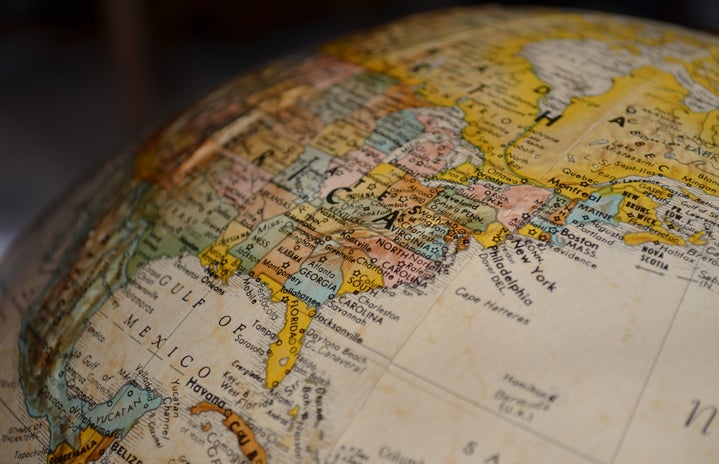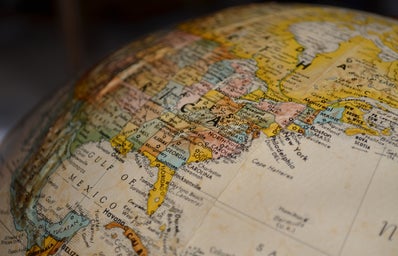If you opened the news these past weeks, you probably didn’t read anything about a war going on in Armenia. On September 27th, Azerbaijan’s military launched an attack over Artsakh, also known as Nagorno-Karabakh; in response, the Armenians and Artsakh military counterattacked. A peace deal has been agreed between the parts, but there’s a lot to understand about the conflict in this region.
- A Little Bit of History
-
Nagorno-Karabakh is a territory owned by Azerbaijan, but claimed as Artsakh and governed by Ethic Armenians, that are 99% of the population. By that, it’s a disputed territory in the Caucasus.
During the Soviet Union, Joseph Stalin formally transferred the region of Nagorno-Karabakh to the Azerbaijani government, without asking the people living in the territory.
With the fall of the Soviet Union, the conflict we see now-a-days began. In the late 1980’s, the Armenians of Nagorno-Karabakh declared independence, with the intention to reunite its territory to Armenia’s. The declaration was rejected by Azerbaijan, which lead to the Nagorno-Karabakh War, that started in 1988 and ended with a ceasefire after six years, in 1994.
But, even with the ceasefire agreed between parts, the Azerbaijani government never stopped threatening and attacking Artsakh (and Armenia). In 2016, 350 people were killed in 5 days.
- The Conflict
-
This conflict, in 2020, had a ‘bigger’ problem. The Turkish government urged that Azerbaijan attacked the Artsakh population. This conflict appeared to be the continuation of the genocide of Armenians that happened in 1915, when Ottoman Turks killed more than 1.5 million Armenians.
The attacks happened not only on disputed territory, and the target was also civilians. Not only the Azerbaijan government used prohibited military weapons, but there are multiple evidences that Turkey recruited Syrian’s jihadists to fight with the Azeri’s forces.
This is an attack to the UN principle of self-determination: All peoples have the right to self-govern, make their choices without external influence and exercise the right to choose their political status. This isn’t happening in Artsakh that is a republic for their people, but not for the rest of the world –or at least, the countries nearby.
- The Ceasefire And The Fight For Justice That’s Still Not Over
-
On November 10th the Armenian and Azerbaijani governments signed a ceasefire agreement to end the war in Artsakh, after six weeks of conflict. The agreement followed the capture of a strategic city by Azerbaijan and it represents a won for Azeri’s military that gained a large territory after the war.
Vladmir Putin, Russia’s president, said over 5.000 people were killed, between soldiers and civilians.
While Armenians fought –and still do- for the right to their existence, Turkey and Azerbaijain fought for a piece of a land.
———————————————————————-
The article above was edited by Laura Enchioglo.
Liked this type of content? Check out Her Campus Casper Libero for more!


